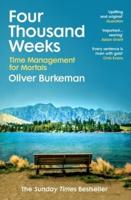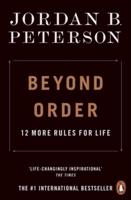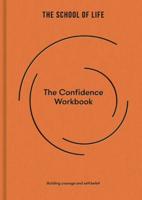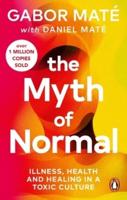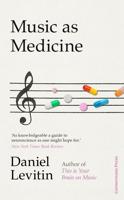Publisher's Synopsis
Excerpt from An Address Delivered on the 5th April, 1855, Before the Senatus and Students of Queen's College on Conferring the Degree of Doctor of Medicine
For some years past, it has been thought desirable, on many accounts, that Medicine should be taught as a branch of education in this University. Somewhat more than a year ago, not a few men, distinguished for their wisdom and learning, and ardent friends of the country, came to the conclusion, that the time had arrived when this should be attempted. You are aware that this scheme has been, so far, carried into effect. It requires time, and many appliances fairly at work, ere one can speak with certainty of the success of such an undertaking. Yet, when I think of the geogra phical Situation of Kingston, of the advantages the medical student may derive from the classes in the College, and, above all, of the high talents and great diligence of the gentlemen of the Medical Faculty, I cannot but cherish strong hopes of the ultimate success of this undertaking. Let us hope, that as the College has already contributed not a few to the other learned professions, it will henceforth contribute largely to that of the Healing Art. But as much will depend upon the character, professional and otherwise, of those who are sent out during the first few years in this Department, I think it not irrelevant, either to your future usefulness, or to the honor of the institution that has this day conferred degrees on you, to address you brie?y on the present occasion.
From the belief that you are now qualified to practice, the Senatus has given you the stamp of their confidence. Yet this belief would have little foundation in truth, did you entertain the notion that no farther acquisitions were necessary to your success as able and honorable practitioners. In no profession more than in yours, has experience to teach much which never can be learned within the walls of a University. Much assuredly must be learned there yet, he who fancies that his stock of knowledge is complete, and his education perfected, when he leaves College, has reason to suspect that he has hardly begun to learn to any good purpose. What is learned during the curriculum of study, is properly the art of making higher attainments afterwards. This will n0t be overlooked by those of you who are animated by a legitimate ambition to reach the front rank in your profession. The highest excellence in any walk of life can only be attained by a few; but ordinary talents, with persevering industry, may enable all to be respectable in their calling. With less than this you ought not to be satisfied while the highest excellence ought ever to be your aim. But at this you will not aim, and will indeed fail of being even respectable, unless you estimate your pro fession highly. He that thinks meanly of his profession, is one of whom that profession has just cause to be ashamed. Every calling that is needful for the well-being of man is honorable; but as yours is specially directed to lessen human suffering, and in many ways to increase the sum of human happiness, and in both respects is very much needed in the world, it is a highly honorable vocation. Indeed, you are to stand among those whose proper function it is to aid in drying up the fountains of human woe. In a world in rebellion against God, we should - rather wonder at the amount of good we taste, than the ills we endure, and should rather be astonished that our world is not utterly blasted by His curse than that it should be blighted by His frown. But although sin hath brought many ills on man, yet' a merciful God hath not left us without remedies. Not to speak at present of the grand remedy for the spiritual maladies of the soul, why should we overlook the rich provision which, as the God of Providence, He has made for lessening the temporal sufferings of man?

